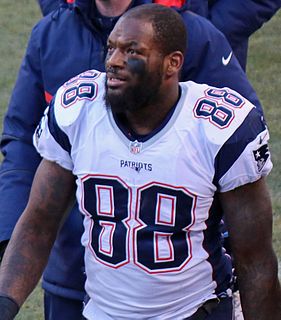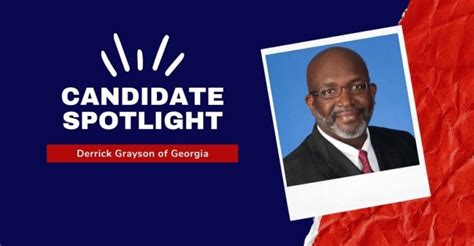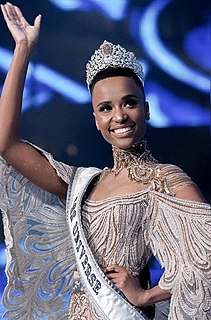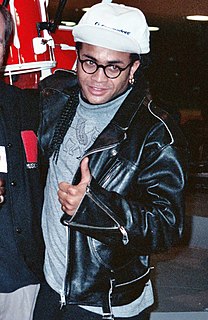A Quote by Martellus Bennett
Black fathers are often disappointed if their sons aren't good at sports. Not excelling at sports as a black boy meant not being cool - even weirder, it meant not really being black.
Related Quotes
I felt like it was a courageous show [Black-ish] from the beginning. We are a black family - we're not a family that happens to be black. But the show is not even about us being black. The show is about us being a family. That is groundbreaking - on TV, the black characters either happen to be black or they're the "black character," where everything they say is about being black. I think that's the genius.
It's very necessary, showing the positive aspect of a black father. We see a lot of black women being the head of the household and holding the house down, but I think we need to have those images because there are black fathers out there who are doing the same thing and who are the glue to the family. That's who Black Lightning is.
Arguably the most important parallel between mass incarceration and Jim Crow is that both have served to define the meaning and significance of race in America. Indeed, a primary function of any racial caste system is to define the meaning of race in its time. Slavery defined what it meant to be black (a slave), and Jim Crow defined what it meant to be black (a second-class citizen). Today mass incarceration defines the meaning of blackness in America: black people, especially black men, are criminals. That is what it means to be black.
They used to call me Firefly when I was a little girl, and I always tried to figure out why I was being called a firefly. I was really black, black, black from the sun. After being in Jamaica for 13 years, my eyes were really beady and white, and my skin was really black. I must have really looked like a fly. My eyes looked like lights, like stars.
I was raised in a completely black world. In those days, if a white woman married a black man, she lived as a black woman, and that was just the end of it. So, I don't have a feeling of being bi-racial. I don't have a connection to it. People often come up to me thinking I do have a connection to it, and I kind of let them down because I really don't.





































